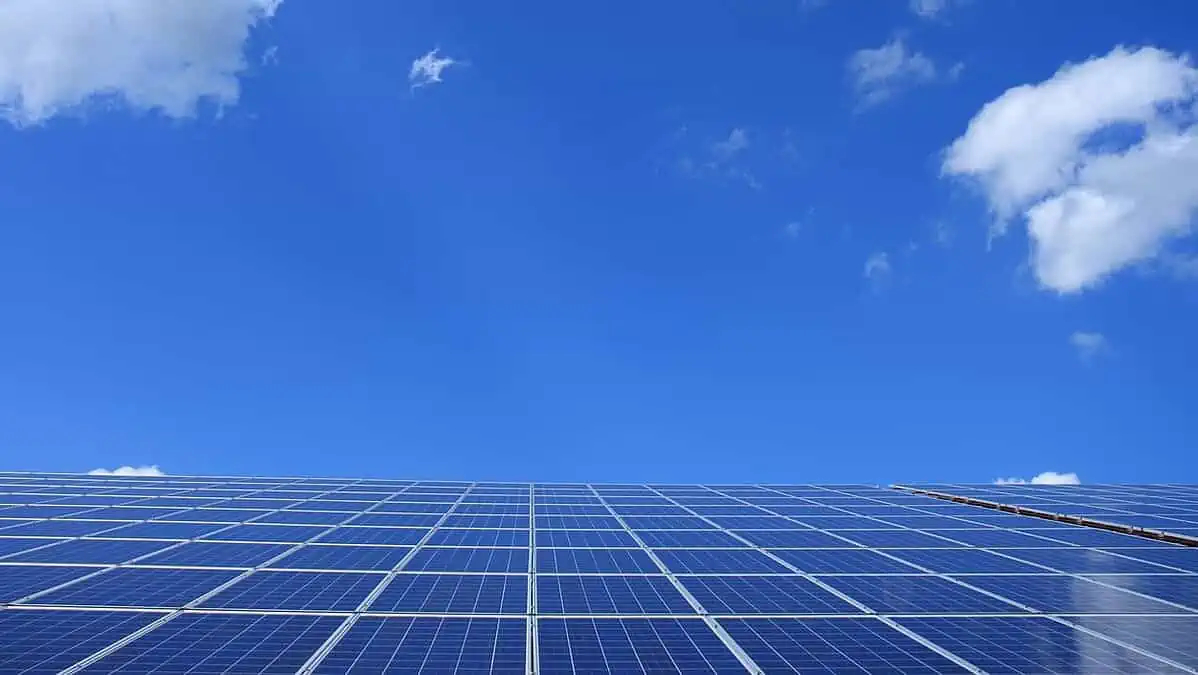Germany’s Ministry of Transportation had no choice but to withdraw its own subsidy scheme for home solar electric vehicle charging station development on Wednesday, less than 24 hours after accepting applications due to high demand.
The initial applications for the subsidy already exhausted the allocated budget for this year in less than a day, as per the KfW Bankengruppe’s X announcement.
About the KfW442 program
The Ministry of Transportation introduced the program to facilitate the expansion of the country’s rooftop solar panels, storage solutions, and charging infrastructure development.
It allotted a whopping €500 million for the program for two years, PR Newswire indicated.
The first €300 million will fund the program this year, while the remaining €200 is for the following year.
The home solar electric vehicle charging station subsidy, assisted by development bank KfW, intends to aid property owners in installing solar-powered chargers for electric vehicles.
“The new support program for solar charging stations is the latest in a long line of attractive and sustainable KfW assistance programs. It will no doubt make an important contribution to the expansion of electromobility in Europe’s largst economy.”
Thomas Grigoleit, Germany Trade & Invest Director of Energy, Building and Environmental Technologies
It started accepting applications online at around 0800 am CET on Tuesday and ended at about 2 am on Wednesday, a KfW spokesperson indicated.
However, in just less than 24 hours, the submitted applications of 33,000 homeowners revealed that the first phase of the funding was already exhausted.
Subsidy per homeowner
The subsidy scheme offers up to €10,200 for homeowners with their own EVs to establish a photovoltaic system and a charging stall on their property.
The €10,200 is split into the following expenses:
- €6,000 for photovoltaic installations
- €3,000 for solar electricity batteries
- €1,200 for charging station
It is worth noting that apartment owners are not included in the subsidy scheme. However, the qualification only requires homeowners to own an electric vehicle or at least place an order.
As mentioned, KfW has already exhausted the budget for this year with the 33,000 homeowner applicants it received on the first day of launch.
That said, it will not accept new submissions for this year. Interested applicants may submit an application for the 2024 budget of €200 million.
Effectiveness concerns
Interestingly, industry players suggest that the subsidy’s immediate exhaustion is the ineffectiveness of one-time market interventions in promoting the shift to renewable energy.
“On the scale of 33,000 cars in a market where you have 3.3 million new cars per year … it’s not very effective.”
1Komma5 CEO Philipp Schroeder told Reuters
The subsidy scheme may have potentially disrupted the flourishing industry by affecting customers’ decisions. For instance, most customers who already plan to establish a wallbox solar system in their properties may end up waiting for the second phase of the subsidy in 2024.
“The message from our side is: Please, please don’t make it worse. Just do not come up with any one-time subsidies ever again.”
1Komma5 CEO Philipp Schroeder told Reuters
Germany Solar Power Association BSW indicated that solar power system demand more than doubled in H1 2022 from the same period in 2021. It further noted that one in every six homeowners plans to have their own roof solar panels.
See Also:
- Low-income families can now purchase EVs in Germany and France
- Australia and Germany collaborate for hydrogen supply chain projects
- European EV industry to hit a 25.4% CAGR to $143.08 billion in 2027
- Europe encounters challenges in its electrification efforts
- Germany: Electric vehicle charging infrastructures grew 35% in 2022
The strong demand for solar-powered charging systems is unsurprising, considering the increasing EV adoption in Germany. It is also a very helpful technology with a capacity to generate up to 20,000 km driving range and power a four-person home in a standard 70 sqm residential photovoltaic system.






